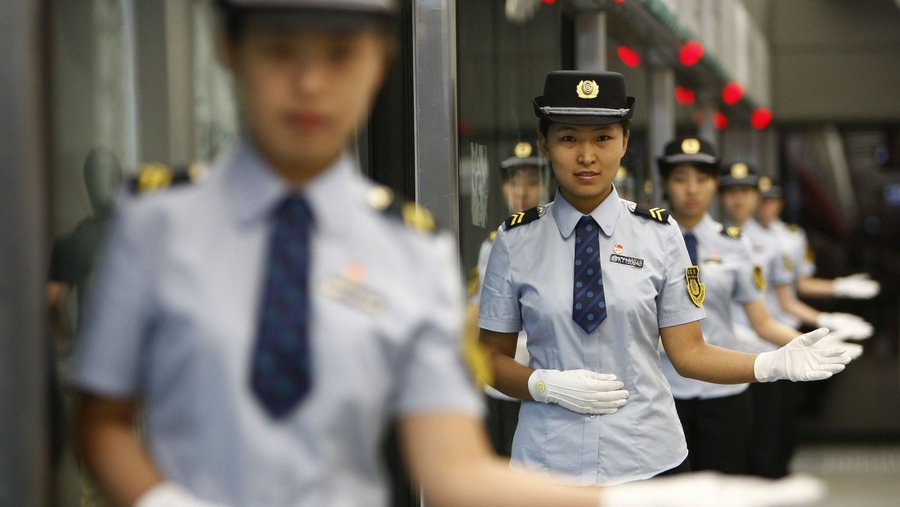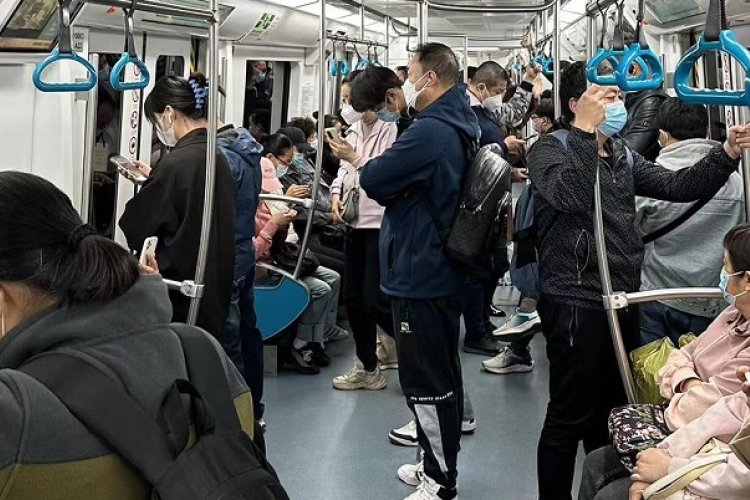Ah, I didn't notice that it also covered men.
To be honest I would also say that 'A survey indicates that 33 percent of women 16-25 years old reported some kind of sexual harassment' could be reworded, as that could easily give the impression that 33% of young women reported being sexually harassed.
Thanks for looking at it though.







